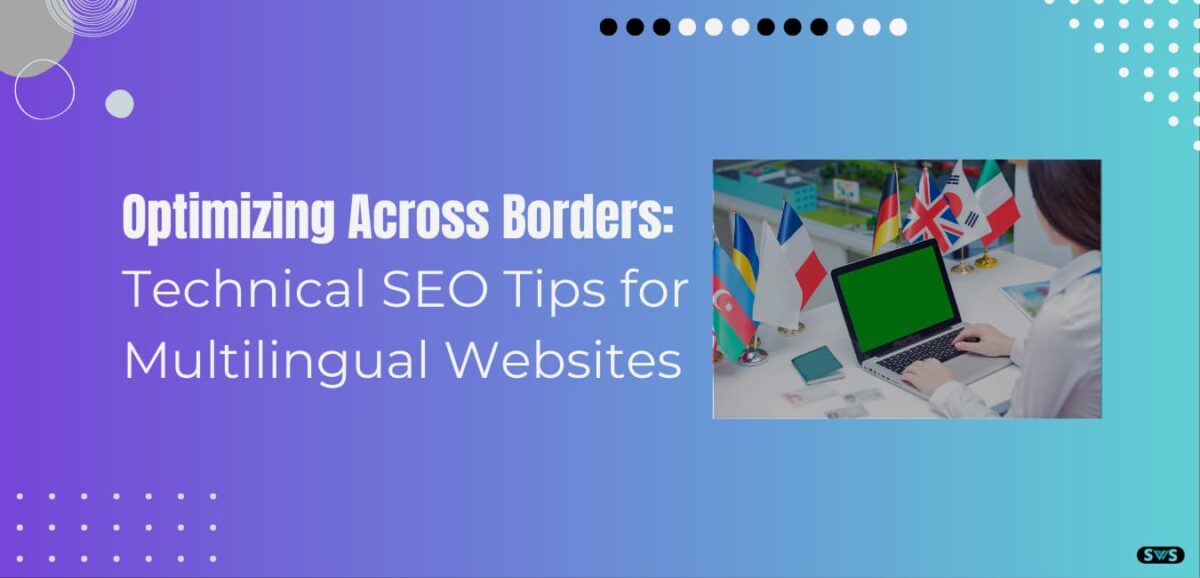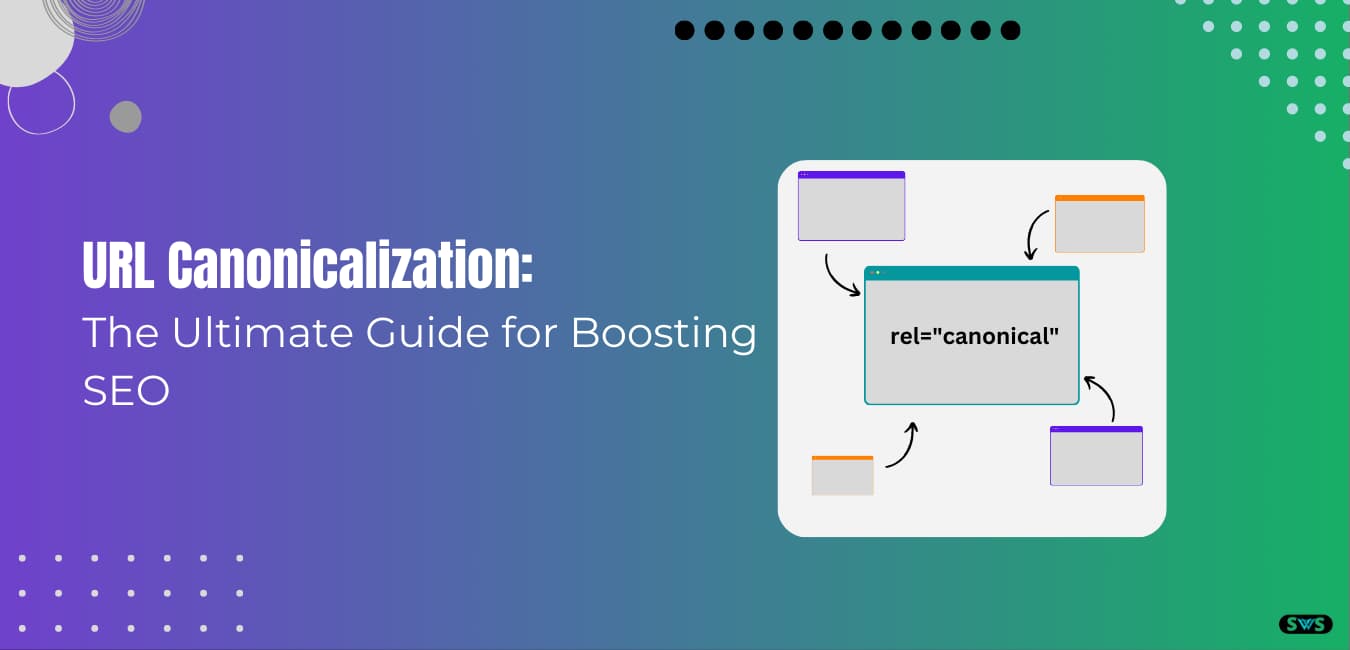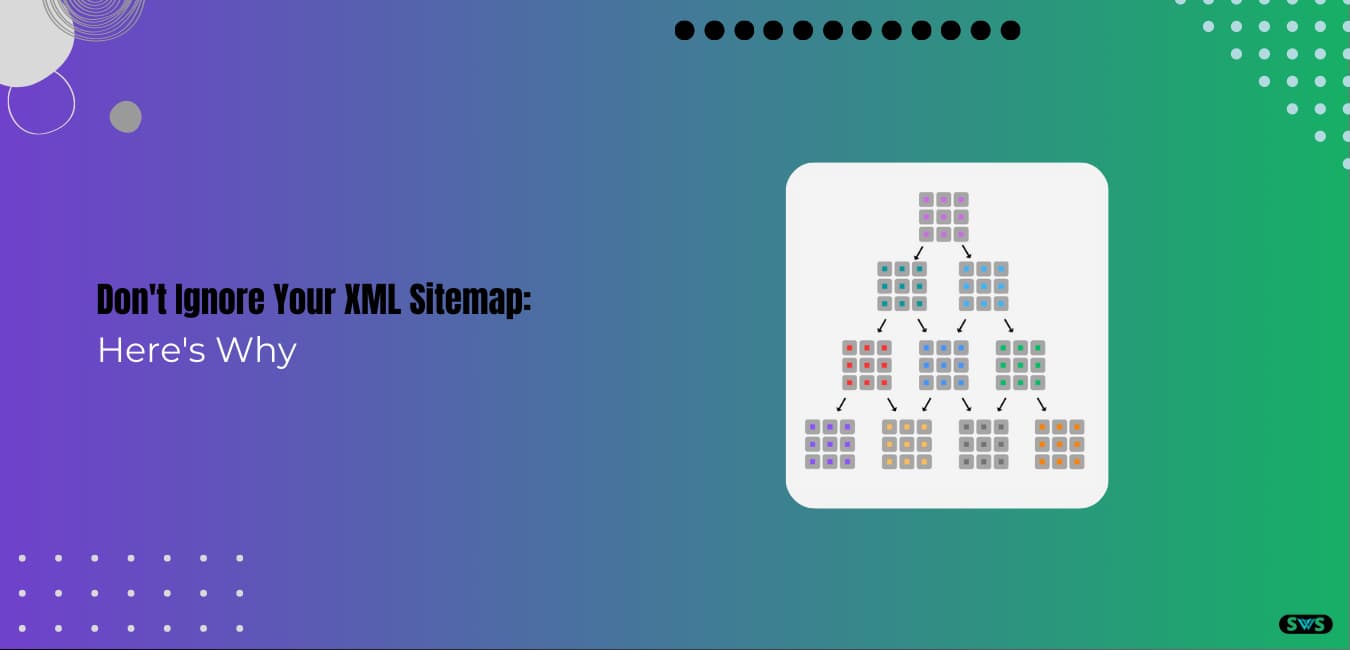Reading Time: 4 mins 1 sec
In this article, we are discussing what is meant by indexing in SEO.
Every company requires an online presence in the modern digital age to connect with potential clients.
However, simply having a website won’t help you increase sales and money.
To be seen by your target audience, your website must rank higher on search engine results pages (SERPs).
This is where SEO is useful.
A collection of strategies known as SEO work to increase your website’s visibility on search engines.
One of the crucial components of SEO, indexing decides whether or not your website will appear in SERPs.
So in this article, we will cover indexing and how it is crucial for SEO.
So let’s get started
Read This: Why JSON-LD Is The Best Format For Implementing Structured Data
What Is Meant By Indexing In SEO?
Search engines use the indexing process to crawl and store website content in its database, sometimes referred to as the index.
A web page is eligible to appear on SERPs whenever a search engine crawls it and adds it to its index.
Importance of Indexing in SEO
Since indexing determines whether your website will appear on search engine results pages, it is crucial for SEO.
No matter how well-optimized your website is, if a search engine doesn’t index it, your content won’t show up on the search results page.
Because your target audience won’t be able to see your website through organic search, you could lose potential leads.
Additionally, indexing affects how quickly fresh content on your website is seen by search engines.
The quicker a search engine crawls your new content, the quicker it will appear on SERPs.
This implies that efficient indexing can raise traffic and exposure to your website.
How Indexing Works
To crawl and index websites, search engines like Google employ sophisticated algorithms.
The following steps are involved in the indexing process:
- Crawling: To browse a website’s content, search engines use bots, commonly referred to as spiders or crawlers. The bot navigates through the website’s links, collecting data on the pages’ contents as it goes.
- Processing: After the bot has finished crawling a website, it processes the page’s content and adds it to the index of the search engine. The processing includes examining the page’s content, pictures, videos, and links.
- Storage: The search engine’s database, which is arranged based on several criteria like relevance, quality, and authority, contains the content that has been indexed.
- Retrieving: The search engine retrieves the most relevant results from its index and shows them on the search results page when a user forms a query.
Read This: What Is URL Canonicalization
Factors Affecting Indexing
The indexing of your website might be affected by a number of variables.
A few of these are:
- Duplicate Content: Duplicate content on your website might confound search engines and damage your ranking. Therefore, it is crucial to make sure that the information on your website is original and of the highest caliber.
- Broken Links: Broken links might make it difficult for search engine crawlers to properly index your website. It is essential to periodically check for broken links and to fix them as soon as possible.
- Page Speed: A website’s crawling and indexing may be hampered by a slow page speed. In order to increase indexing, it is essential to optimize the page speed of your website.
- XML Sitemap: An XML sitemap is a file that lists every page on your website and aids in crawling and indexing by search engine bots. As a result, building and submitting an XML sitemap to search engines is crucial.
How to Ensure that Your Website is Indexed Correctly
You can use the following advice to make sure your website is correctly indexed:
If you submit your website to search engines like Google, Bing, and Yahoo, they might be able to find and index it more quickly.
By producing an XML sitemap and uploading it to search engines, you can improve the crawling and indexing of your website.
Optimize your content, you can make it simpler for search engines to understand what is on your page by including relevant keywords, meta descriptions, and tags in your content.
Use internal linking to assist search engine bots find and indexing your web pages more quickly.
Verify for issues, keep an eye out for mistakes like broken links, duplicate content, and crawl issues and rectify them right away.
Read This: 15 Black Hat Techniques That Can Harm An SEO
Benefits of Proper Indexing
Your website can gain from proper indexing in a number of ways, including:
- Enhanced Visibility: Correct indexing can help your website appear more prominently on search engine result pages. Improved visibility may result in more people visiting your website, which could generate more leads and income.
- Better User Experience: You may enhance the user experience for website visitors by assisting search engines in better understanding the content of your website through effective indexing.
Common Indexing Issues and How to Fix Them
Some common indexing issues that you may encounter include:
- Blocked Resources: Search engine bots may not be able to crawl and index your website if certain resources, including images, CSS, and JavaScript, are blocked. Make sure that search engines can crawl these resources on your website to solve this problem.
- The wrong robots.txt file can stop search engine bots from indexing and crawling your website. Make sure your robots.txt file permits search engines to crawl your website to fix this.
- Duplicate content: Duplicate content can hate search engines and poorer ranks are the outcome. Make sure your website offers original, high-quality content to address this.
Read This: Best Practices For Linking On Google
Conclusion
In this article we are discussing, what is meant by indexing in SEO.
Finally, indexing is a crucial SEO aspect that has an impact on how well your website does in search engine rankings.
The visibility, traffic, and user experience of your website can all be enhanced by proper indexing.
You may ensure that your website is correctly indexed and raise its ranking on search engine results pages by following the advice provided in this article.
If you like this article please share and comment.
Read Also
- Top 65 Technical SEO Interview Questions And Answers
- Does Bold Text Help SEO
- How To Create The Perfect H1 Tag For SEO
- Google Announces Five Changes Coming To Mobile Search
- Benefits Of Using Semrush
FAQ
What is meant by indexation in SEO?
Search engines use the indexing process to crawl and store website content in its database, sometimes referred to as the index.
What do you mean by indexing?
In its broadest sense, indexing refers to the use of a benchmark indicator or measurement as a guideline or standard.
What does indexing mean in website?
A page is indexed by Google if a Google crawler (“Googlebot”) has visited it, examined it for content and meaning, and added it to the Google index. If indexed pages follow Google’s webmaster guidelines, they may appear in search results.
What is index vs crawl SEO?
Crawling is the process of finding pages and links that point to other pages; Indexing is the process of finding pages. The storage, analysis and organization of content and links between pages are all part of indexing. There are elements of indexing that affect how search engines crawl content.



